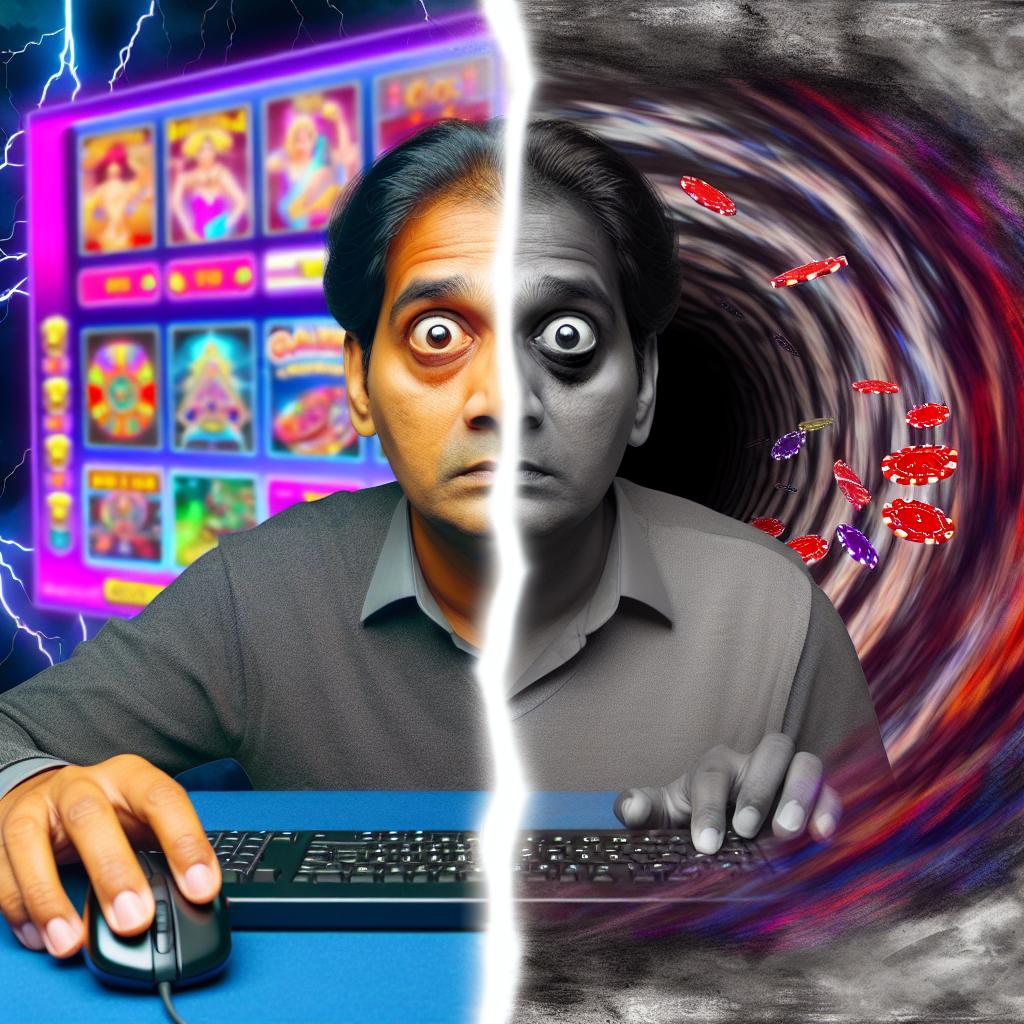Understanding Gaming Addiction
Gaming addiction has become a prevalent concern in today’s digital age. Defined as the uncontrollable urge to play video games despite negative consequences, this addiction can significantly impact an individual’s mental and physical well-being. According to the World Health Organization, gaming disorder is recognized as a mental health condition, indicating its seriousness and legitimacy as a psychological issue.
The Psychological Appeal of Gaming
One of the core psychological aspects of gaming is the reward system that games are designed around. Many games provide players with immediate rewards such as points, badges, or new levels, which can lead to the release of dopamine in the brain. This neurochemical is associated with pleasure and can create a cyclical reward loop, encouraging continuous play.
Moreover, video games offer various levels of escapism and identity exploration. Players can assume different roles or identities, experiencing narratives that differ significantly from their everyday lives. This aspect can be particularly appealing to individuals seeking to escape reality or those experiencing anxiety or depression.
The Impact of Gaming Addiction
The repercussions of gaming addiction extend beyond excessive time spent in virtual worlds. There are marked impacts on an individual’s life, including:
Social Isolation: Addicted gamers may withdraw from social interactions in real life, leading to loneliness and strain in relationships.
Neglect of Responsibilities: Academic, professional, and personal duties can suffer as gaming takes precedence, negatively influencing overall life quality.
Mental Health Concerns: There may be an increase in anxiety, depression, and stress related to gaming addiction. These conditions can be exacerbated by the addiction, creating a vicious cycle.
Furthermore, physical health can deteriorate due to a sedentary lifestyle associated with prolonged gaming. Issues such as poor posture, eye strain, and irregular sleep patterns are common among those who are deeply addicted. These health problems can further impair an individual’s ability to function effectively in daily life.
Addressing Gaming Addiction
Identifying gaming addiction is the first step towards addressing it. Psychological counseling, including cognitive-behavioral therapy (CBT), can be effective in modifying harmful gaming behaviors and thought patterns. Therapy can help individuals develop healthier habits, establish boundaries, and understand the underlying issues driving the addiction.
Aside from therapy, technology can also play a role in managing gaming habits. Parental control features and apps that track screen time can help regulate gaming activity effectively. These tools can set limits and reduce the amount of time spent on gaming platforms, helping individuals to balance their leisure activities with other responsibilities.
Seeking Further Information and Support
For those concerned about gaming addiction, numerous resources and professional help options are available. It is essential to seek guidance from mental health professionals to better understand and address the issue. More information and support can be found through organizations specializing in mental health and addiction. For instance, visiting online resources such as Mental Health Foundation can provide valuable insights and assistance.
Understanding the psychological aspects of gaming addiction allows for informed approaches to treatment and prevention. By recognizing the underlying causes and impacts, individuals can take proactive steps toward healthier gaming habits and improved mental wellness.
Community support is also crucial in dealing with gaming addiction. Support groups and forums offer a platform for individuals to share experiences and strategies. Engaging with others facing similar challenges can provide a sense of community and shared understanding, which is often a comforting and motivating factor for change.
In educational settings, awareness programs can educate younger populations about the risks of gaming addiction. Schools can incorporate sessions that teach students how to balance gaming with other life activities, the importance of physical exercise, and how to manage time effectively. Cultivating awareness from an early age helps in fostering responsible gaming habits.
For parents, understanding the signs of gaming addiction is vital. Staying informed about the types of games children are playing, setting appropriate time limits, and encouraging other hobbies and interests can prevent over-reliance on gaming as a primary source of entertainment or stress relief.
Finally, research into gaming addiction continues to evolve. Ongoing studies are delving into the neurological and psychological components of the addiction, offering new insights and potential treatments. Engaging with this research provides a deeper understanding of how the pleasures derived from gaming can lead to addictive patterns, potentially guiding future interventions and policies.
In conclusion, gaming addiction is a multifaceted issue that requires an equally multifaceted approach for management and prevention. By considering the psychological drivers, societal impacts, and practical solutions, individuals and communities can work together towards combating this growing concern in the digital era. Moving forward with informed strategies and support systems can pave the way for healthier gaming experiences and improved overall well-being.

